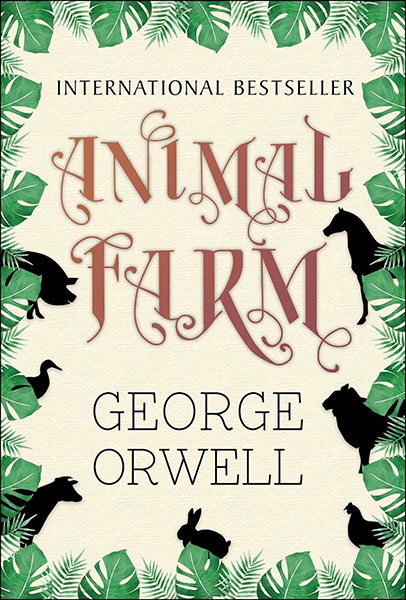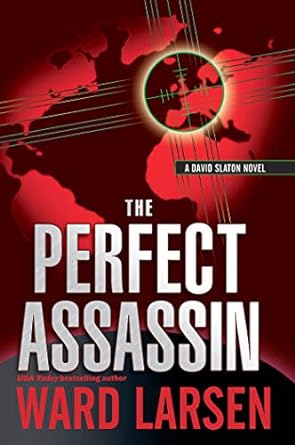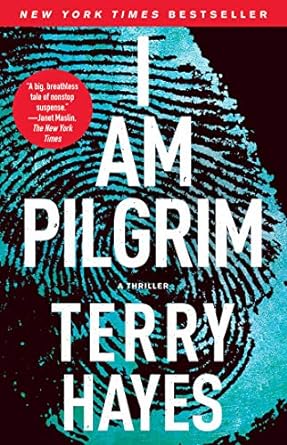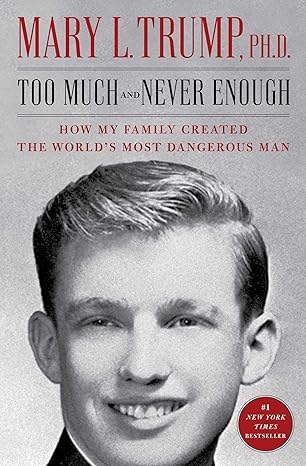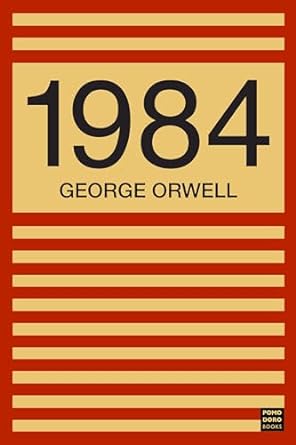
Mein Kampf
Mein Kampf is often portrayed as nothing more than an Anti-Semitic work, however only 6% of it even talks about the Jews. The rest contains Hitler's ideas and beliefs for a greater nation plus his plan on how to accomplish that goal. Giving excellent insight into the maniacal ideologies and visions with which Hitler shook the world, Mein Kampf is an exploration of the Holocaust from the other side of the genocide, from Hitler's perspective. It offers an interesting interpretation of politics, people, and foreign policy matters.
BEST DEALS
About the Author
Austrian-born Adolf Hitler, known as “der Führer,” from 1921 led the Nazi party of Germany, and his fascist philosophy, embodied in Mein Kampf (1925–1927), attracted widespread support; he from 1933 served as chancellor of the Third Reich and after 1934 ruled as an absolute dictator, whose pursuit of aggressive nationalist policies resulted in the invasion of Poland in 1939 and in the subsequent outbreak of World War II and whose infamous regime exterminated millions of people, especially Jews, Slavs and communists of Europe. He then took his own life amid the imminent collapse in 1945.
During the final days of the war in 1945, as Berlin was being invaded and destroyed by the Red Army, Hitler married Eva Braun. Less than 24 hours later, the two committed suicide in the Führerbunker.
He dictated his best known literary work, the political manifesto, to a fellow inmate in prison in 1924.



